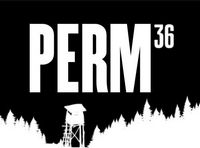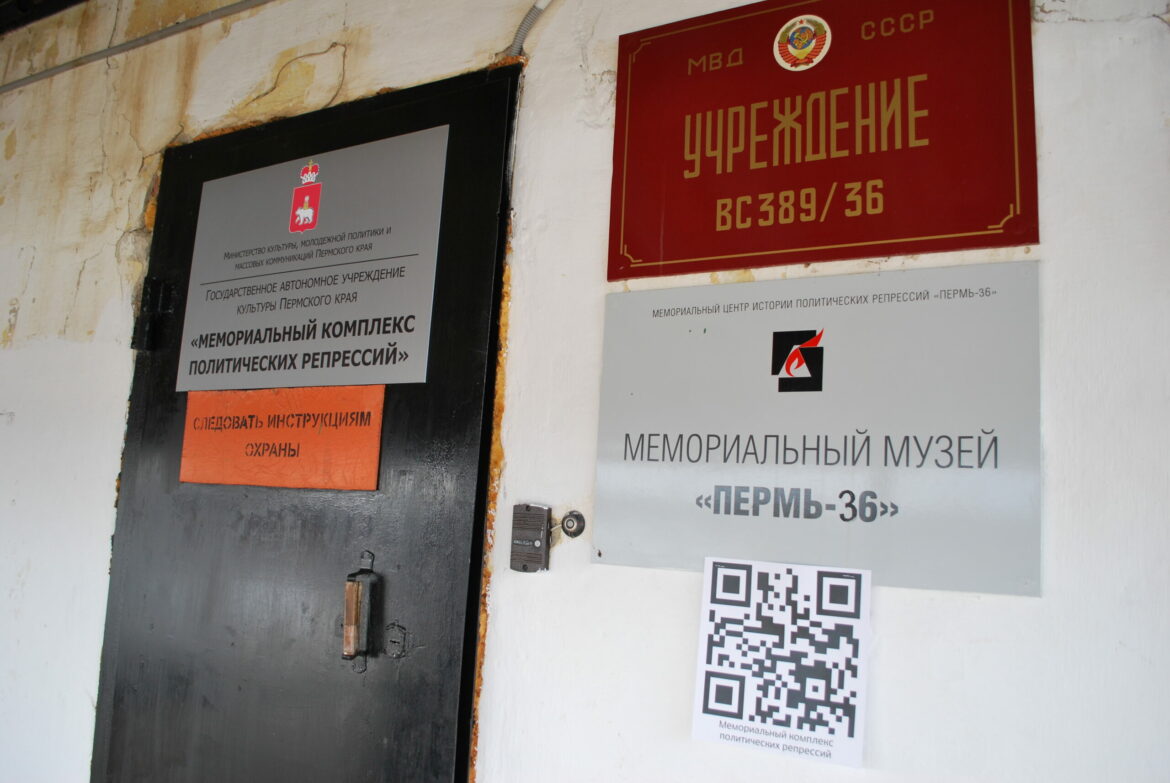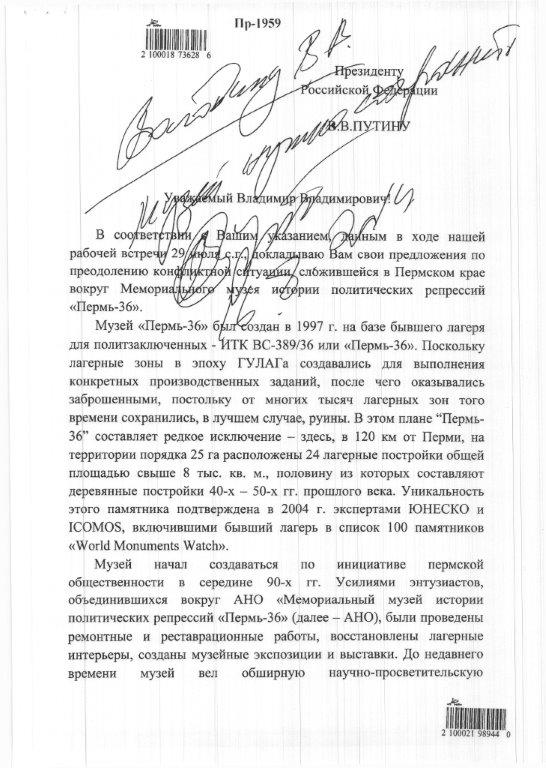In 2014, Sergey Kovalyov, a human rights activist, a former prisoner of Perm-36 camp, the first RF human rights ombudsman, a member of the Board of Perm-36 ANO, wrote his co-thinkers in the midst of repression against the museum:
‘What they want very much is a totally controllable, well-censored museum, under the same name, and, best of all, involving some of the same non-governmental people who are closely linked to it. Everything is clear here… Here is an unbiased, depoliticized museum thoroughly bowdlerized by specialists. It was, by the way, agreed with the museum’s public team which will continue cooperating with the caring (and resourceful) governmental control… I must admit this conversion is locked and loaded. Well, maybe, still missing a minute detail: public approval. They will try to force it out…’
All members of the Board of Perm-36 Memorial Center of History of Political Repression Autonomous Non-for-Profit Organization and many of its Council members at first shared Sergey Kovalyov’s above opinion but were forced over and over to agree to negotiate with the authorities so that the authorities could not declare: ‘we offered but they chose to refuse’. Each negotiation round was initiated by the authorities which always refused to implement the decisions made in the course of long and difficult negotiations.
The Board of Perm-36 ANO was aware it would be totally impossible to proceed with the goals set by the Memorial Center’s Bylaws which ‘are achieved via the former Perm-36 camp-based memorial museum complex’ so, in February 22nd, 2015 it decided to dissolve the organization.
This decision was only fulfilled on August 10th, 2016 because the Ministry of Culture of Perm Territory and the public institution which was established by it and took over the museum commenced quite a number of illegal proceedings against the Memorial Center which had to be combatted for about two years.
Here one camp’s and its museum’s history takes quite a new turn where a tragedy turns into a farce, fun fact, oddity, and anecdote.
Perm-36 Memorial Center of History of Political Repression currently exists as an independent informal association; as such, it remains a member of the European network of the International Coalition of Historic Sites of Conscience.
Full text of Kovalyov’s letter
Destruction of the Perm-36 Memorial Museum
Final attempts of cooperation, that is, simulation thereof began in January, 2015 after Mikhail Fedotov addressed the RF President, Vladimir Putin once again, and Vyacheslav Volodin held another, the third meeting concerning the museum. The meeting was attended by the deputy head of the Administration of the Governor of Perm Territory. When back in Perm, he offered a new pattern of Perm-36 Memorial Museum taking part in the museum’s further development, and then went to Nizhny Novgorod to negotiate it with the authorities of Volga Federal District.
In April, 2015, the authorities of Volga Federal District railroaded approval of the ‘Memorandum Of cooperation in Development of Perm-36 Memorial Museum of History of Political Repression. However, 12 days after the laboriously approved draft Memorandum was signed by the Memorial Center’s managers as decided by its Board, Perm-36 Memorial Center of History of Political Repression ANO was hurriedly listed by the RF Ministry of Justice as a foreign agent.
In August, 2015, Anatoly Makhovikov, the head of the Governor’s Administration held an urgent meeting involving Tatyana Margolina, the human rights ombudswoman for Perm Territory, and Tatyana Kursina, the Chief Executive Officer of Perm-36 ANO. The meeting resolved to return to the decisions of the Council for Development of Perm-36 Memorial Museum of History of Political Repression dd. October 31st, 2014. However, no further practical deeds resulted.
RF President’s Resolution, and establishment of an incompetent Museum Council
The subsequent events were initiated by Tatyana Margolina, the human rights ombudswoman for Perm Territory, Vladimir Lukin, the RF human rights ombudsman and the RF President’s Councilor, and Mikhail Fedotov, the Chairman of the RF President’s Council for Civil Society Development and Human Rights personally addressing Vladimir Putin, the RF President.
After these addresses, Vladimir Putin ordered Vyacheslav Volodin, the First Deputy Head of his Executive Office and offered Vladimir Lukin to deal with the issue. Vyacheslav Volodin held a meeting involving leading Russian human rights activists of the Administration of the Governor of Perm Territory then offered cooperation to Perm-36 Memorial Center’s management.
As a result, the museum’s development was decided to be returned to joint format involving the Memorial Center and the PI while changing the PI management. It was also decided to establish the Council for Development of Perm-36 Memorial Museum of History of Political Repression.
The Council comprised representatives of the Memorial Center and those of the authorities of Perm Territory on a par including a representative of Volga Federal District. Vladimir Lukin was elected Chairman of the Council as proposed by Vyacheslav Volodin.
Discussion of the Council’s draft charter documents failed to bring about a consensual decision at the Council’s first meeting in October, 2014 so acceptance of the documents was postponed.
After that, the Council never met again.
In early 2012, Perm-36 Memorial Museum of History of Political Repression was at the peak of its development and was to make grade by becoming a federal-level, internationally well-known memorial museum complex in the years to come.
In the meantime, the RF Presidential Executive Office aimed to eradicate the few democratic institutions which had taken hold in the country, to muzzle the newly emerging civil society, to suppress significant civil initiatives. Perm-36 Memorial Museum of History of Political Repression became one of the first victims of this campaign.
Shortly after the elected Governor of Perm Territory was replaced in 2012 with a new, Kremlin-appointed one, the new regional authorities registered an autonomous cultural establishment, the ‘Memorial Complex of Political Repression’, and handed over the former Perm-36 camp’s buildings and structures to it in 2014. On the tip from the new authorities of the Ministry of Culture for Perm Territory, the ‘public’ staff took over the entire property of Perm-36 Memorial Museum of History of Political Repression Autonomous Non-for-Profit Organization which forfeited the museum, the collection, archives, library, exhibits and exhibitions on the museum’s premises. The public agency hired former camp officers as new advisers.
Actual liquidation of the museum of history of political repression cased a barrage of Russian and foreign press publications, with system-level human rights activists directly addressing Vladimir Putin, the RF President. As a result, the authorities initiated several rounds of negotiations with the Board of Perm-36 ANO but these turned out to be nothing other than mere soldiering.




